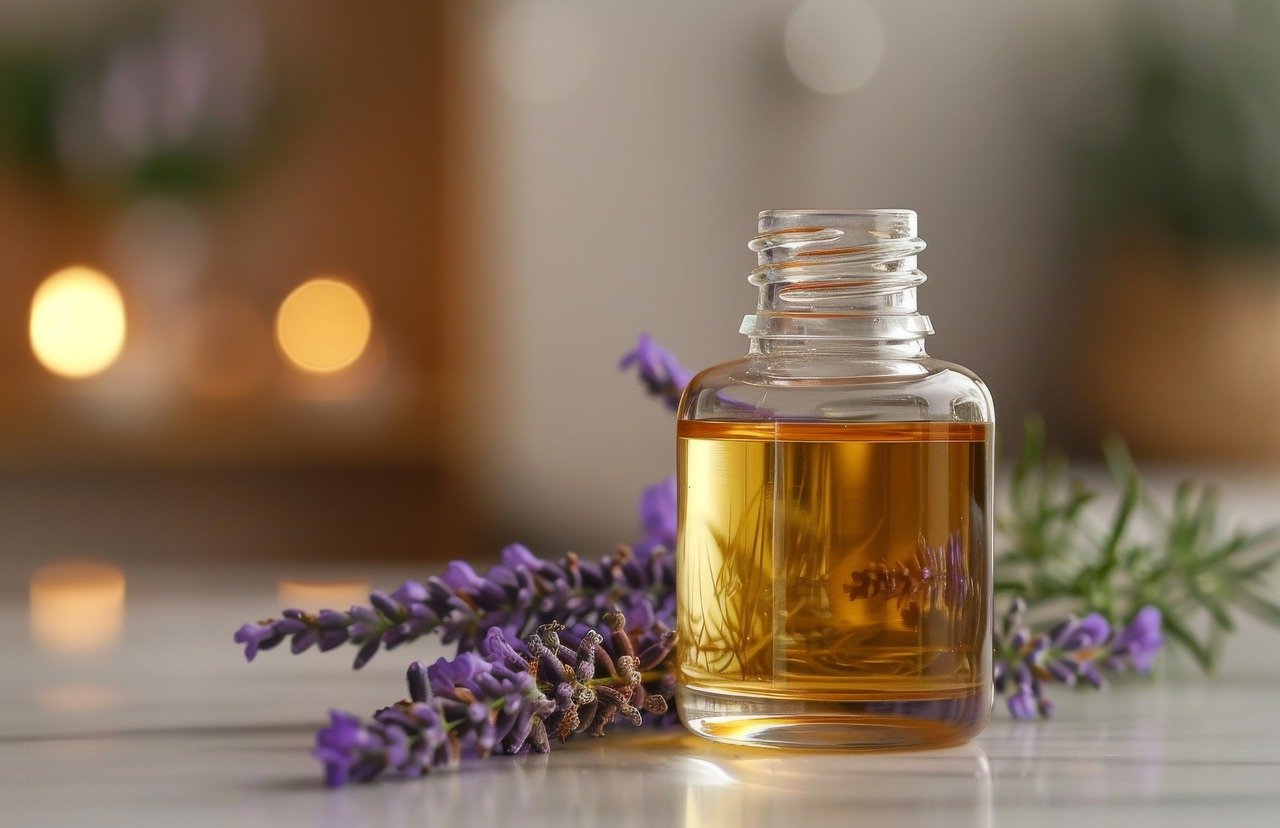The natural and organic products market has experienced a considerable shift in recent years. Some of the most popular and effective ingredients for beauty products are different kinds of vegetable oils. These oils are rich in beneficial compounds that can address various skin issues. This article highlights some of the best natural oils in skincare, with emphasis on jojoba oil and rosehip oil.
The Rise of Natural Oils in Skincare
Historical records indicate that natural oils have been used for centuries as part of skincare routines by Egyptians, Greeks and Romans. Nowadays, there is an increase in demand for plant-derived oils as consumers become more concerned about what they use on their skin. These oils are cherished not only because of their efficiency but also because they have lesser side effects as compared to synthetic components.
Jojoba Oil: The All-Rounder
What is Jojoba Oil?
Jojoba oil comes from the seeds of the jojoba (Simmondsia chinensis) plant which is actually a liquid wax ester rather than an oil. It has this uniqueness that makes it act just like the human sebum when applied making it penetrate deeper into the skin without blocking the pores.
Benefits of Jojoba Oil
- Moisturizing:
Jojoba oil works well as a moisturizer for all types of skin. Its emollient properties help soothe and hydrate skin, making it especially good for dry or older skin. - Balancing Sebum Production:
People with oily or acne-prone skin may find jojoba oil useful in regulating sebum production. It can mimic the body’s natural oils thus reducing excess build-up in pores responsible for acne breakouts. - Anti-Inflammatory and Healing Properties:
For instance, people suffering from eczema and psoriasis will be soothed by using Jojoba Oil since it contains anti-inflammatory agents that reduce irritation on such skin; similarly, its healing aspects help repair damaged skin while also reducing acne scarring. - Antioxidant Protection:
One major benefit in this regard is that jojoba oil contains ample vitamins E & B complex to offer antioxidant protection that impede free radicals and environmental stressors which lead to early aging.
How to Use Jojoba Oil
Jojoba oil, however, can be a daily moisturizer, a make-up remover, or a carrier oil for essential oils. Its versatility means you can use it in different skincare routines too. Use a few drops directly on the skin or blend with other skincare products for additional benefits.
Rosehip Oil: The Anti-Aging Elixir
What is Rosehip Oil?
Rosehip oil is derived from Rosa canina, the seeds of wild rose bush. It is highly regarded for its abundance of essential fatty acids, vitamins, and antioxidants which explains its high presence as an ingredient in anti-aging products.
Benefits of Rosehip Oil
- Rich in Essential Fatty Acids: Rosehip oil contains Omega-3, Omega-6, and Omega-9 fatty acids that are necessary components of healthy skin. They help fortify the skin barrier; thus; keeping water within the cells while protecting it against damage from external factors.
- Anti-Aging Properties: The substantial amount of vitamins A & C present in this oil boosts collagen production and enhances the regeneration of new skin cells thereby reducing wrinkles and fine lines making them less noticeable hence giving a tighter appearance to the face.
- Brightening and Evening Skin Tone: This vitamin C-rich rosehip oil is good at fading hyperpigmentation (dark spots) thus leading to an even-toned complexion. This leads to brightening of the complexion as well as evening out irregularities on it.
- Reduction of Scar and Stretch Marks: Rosehip oil has regenerative properties that have made it useful for reducing the appearance of scars as well as stretch marks. The texture and smoothness of the skin can be improved with regular application.
How to Use Rosehip Oil
Rose hip oil can be used alone or mixed with other face oils and moisturizers. To help hold in moisture, it is best applied on damp skin. Use a few drops of rosehip oil massaged gently into your skin, especially on areas prone to wrinkles or hyperpigmentation.
Combining Jojoba and Rosehip Oils
Each jojoba oil as well as rosehip oil provides unique benefits, which can be combined to create a synergistic effect. Below are some ways you could incorporate both oils into your skincare regimen:
- Custom Oil Blend: Combine equal parts of jojoba and rosehip oils to make a nourishing facial oil. This mixture works great whether you want to use it daily as a moisturizer or at night for treatment.
- Layering Technique: It involves applying jojoba oil first for purposes of moisturizing and balancing the skin followed by rose hip oil to tackle specific concerns like aging or pigmentation.
- DIY Skincare Recipes: Jojoba and rosehip oils serve as major constituents in homemade skincare products such as face masks, scrubs, or serums.
Conclusion
Modern skincare routines cannot do without natural oils like jojoba and rosehip because they are versatile, and effective too. For those seeking hydration, balance, or rejuvenation through their skin treatments, these base oils provide nature’s most soothing answer. You will discover how each individual’s unique needs can be met with healthy radiant skin based on understanding the benefits provided by different types of these two base materials.
Not only does incorporating natural oils into your skincare routine support health but also aligns beauty with cleaner more sustainable practices. So why not test how amazing your skin can feel when you use jojoba and rosehip oils now?








